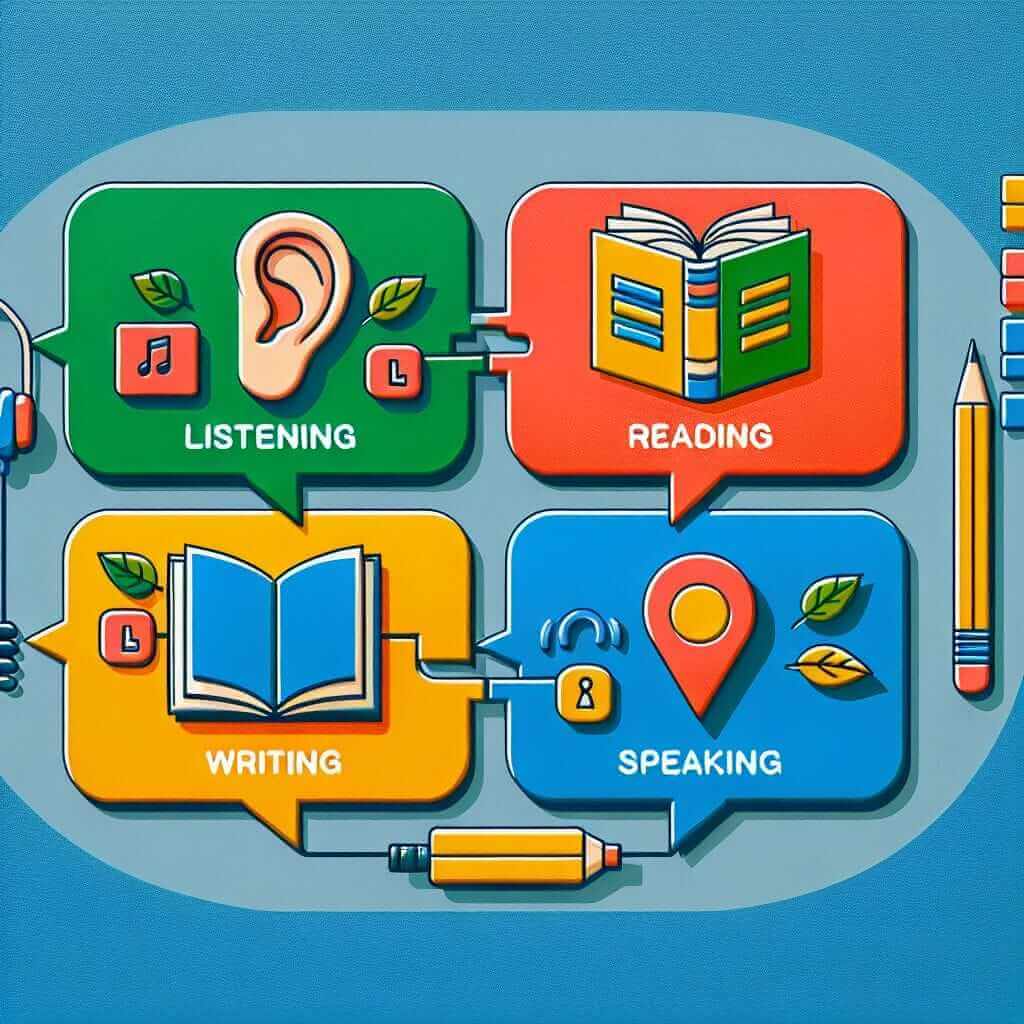Achieving a 7.0 band score on the IELTS exam is a common goal for many English language learners. This score demonstrates a strong command of the English language and can open doors to various academic and professional opportunities. While IELTS preparation courses and tutors can be beneficial, self-study is a viable and often more affordable option. This article will guide you through the essential steps and strategies to effectively self-study for IELTS and reach your target band score of 7.0.
Understanding IELTS and the 7.0 Band Score
The International English Language Testing System (IELTS) is a globally recognized English proficiency test that assesses your listening, reading, writing, and speaking skills. A band score of 7.0 is considered “Good” and indicates that you can communicate effectively in a wide range of academic and professional contexts.
To achieve a 7.0, you need to demonstrate a good range of vocabulary and grammar, use various sentence structures accurately, and understand and respond to complex ideas and arguments.
Creating a Self-Study Plan
1. Assess Your Current Level
Before diving into study materials, it’s crucial to determine your current English proficiency level. Taking a practice IELTS test under timed conditions can provide valuable insights into your strengths and weaknesses. Numerous free practice tests are available online, and analyzing your results will highlight the areas requiring the most attention.
2. Set Realistic Goals and a Study Schedule
Breaking down your IELTS preparation into smaller, manageable goals can make the process less daunting. Create a study schedule that allocates specific time slots for each skill, focusing on your weaknesses while maintaining your strengths. Consistency is key, so aim for regular study sessions, even if they’re short.
3. Gather High-Quality Study Materials
Investing in reputable IELTS preparation materials is essential for effective self-study. Look for books, online courses, or mobile apps that offer comprehensive content covering all four IELTS skills, along with practice tests, sample answers, and explanations.
Here are some recommended resources:
- Official IELTS Website: Offers valuable information about the test format, sample questions, and official practice materials.
- Cambridge IELTS Series: Widely regarded as the most reliable practice tests available, simulating the actual exam experience.
- Road to IELTS: Provides interactive online modules, practice activities, and personalized feedback.
Mastering the Four IELTS Skills
1. Listening
- Practice Active Listening: Engage actively with audio materials such as podcasts, news broadcasts, and documentaries. Focus on understanding the main ideas, identifying specific information, and recognizing different accents.
- Utilize Practice Tests: Familiarize yourself with the various question types in the IELTS Listening test and develop strategies for each. Practice note-taking and paying attention to keywords and synonyms.
2. Reading
- Improve Reading Speed and Comprehension: Develop efficient reading techniques like skimming and scanning to quickly grasp the main ideas and locate specific information.
- Expand Vocabulary: Regularly learn new words and practice using them in context. Pay attention to synonyms, antonyms, and word families to enhance your understanding of complex texts.
3. Writing
- Master Different Essay Structures: Familiarize yourself with the different essay types (e.g., argumentative, descriptive, discursive) and practice writing well-structured essays within the time limit.
- Develop Coherence and Cohesion: Use linking words and phrases effectively to connect ideas logically and improve the flow of your writing. Pay attention to grammar, punctuation, and vocabulary range.
4. Speaking
- Practice Regularly: Speak English as often as possible, even if it’s just to yourself. Record yourself speaking and analyze your fluency, pronunciation, and grammar.
- Expand Vocabulary and Idioms: Incorporate a wider range of vocabulary and idioms into your speech to demonstrate your language proficiency.
- Familiarize Yourself with the Speaking Test Format: Understand the three parts of the Speaking test and practice responding to various prompts and questions.

Tips for Success
- Stay Motivated: Set achievable goals, celebrate your progress, and find ways to make the learning process enjoyable.
- Seek Feedback: Ask a teacher, tutor, or fluent English speaker to review your writing and speaking and provide constructive criticism.
- Manage Your Time Effectively: Allocate sufficient time for each skill and avoid cramming before the exam.
- Practice Under Timed Conditions: Regularly take full-length practice tests under timed conditions to simulate the exam experience and build stamina.
Conclusion
Achieving a 7.0 band score on the IELTS exam through self-study requires dedication, consistent effort, and a strategic approach. By following the steps outlined in this guide, utilizing high-quality study materials, and focusing on your weaknesses, you can significantly improve your English proficiency and achieve your desired IELTS score.